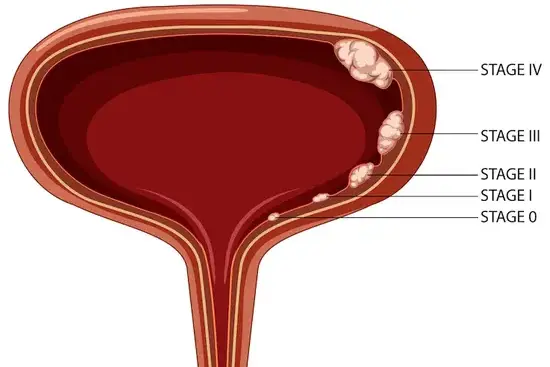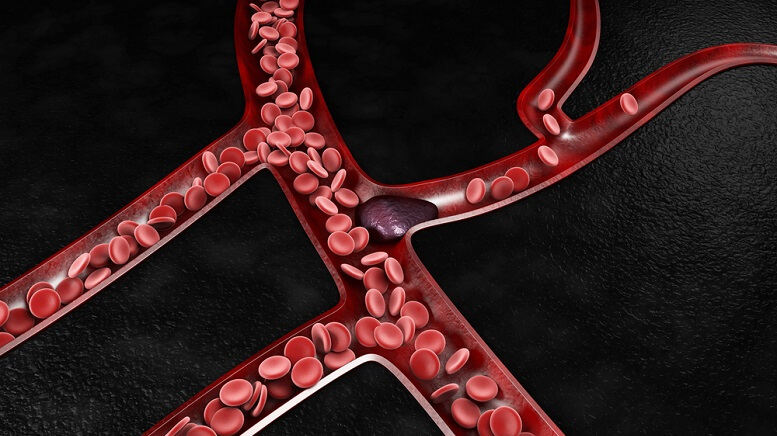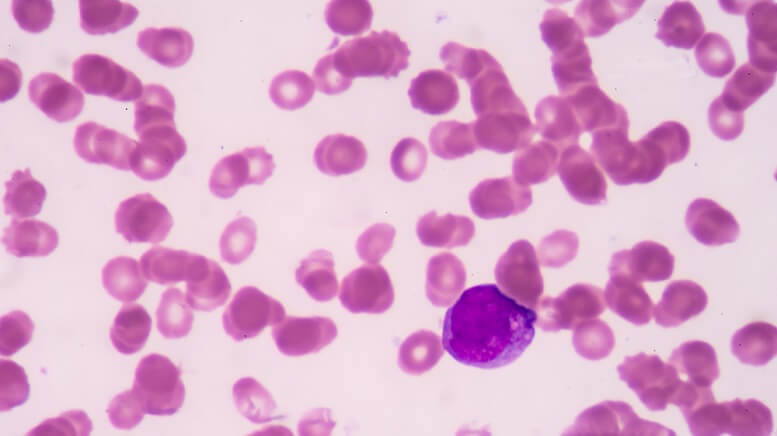If a patient has stage IV bladder cancer, they have reached the point where the tumor has spread to other parts of the body. This is also known as metastatic bladder cancer.
At this stage, a patient may choose to receive treatment. The treatment may be to improve the patient’s symptoms, to increase the chance of eliminating the cancer, or to at least prolong the patient’s life.
The prognosis of the patient’s cancer will determine the best treatment method for them. However, at this point in time, only a minority of stage IV bladder cancer patients are cured by the various treatment options currently available.
Most treatment options will consist of chemotherapy regimes, combined occasionally with surgery and radiation.
Bladder cancer does often respond well to chemotherapy, however, in stage IV bladder cancer, chemotherapy is often administered as a means of controlling the symptoms. But, some patients will experience prolonged remission results.
For treating bladder cancer, chemotherapy is often made up of a combination of drugs rather than a single chemotherapy agent. The usual combinations are GC, which is a combination of Gemzar (gemcitabine) and cisplatin or MVAC, which is a combination of methotrexate, vinblastine, doxorubicin, and cisplatin.
Surgery is sometimes an option for stage IV bladder cancer, in the form of a radical cystectomy. A radical cystectomy is the removal of the bladder and the tissue around the bladder. In men, the prostate and seminal vesicles are removed as well. In women, it may also include the uterus, fallopian tubes, ovaries, anterior vaginal wall, and the urethra.
Another option for patients wishing to manage the side effects of their cancer and treatment is supportive care. Supportive care treatments help to prevent and control the side effects.
Talk to your doctor to find out what the best treatment course is for you.
Featured image: Freepik @ brgfx









